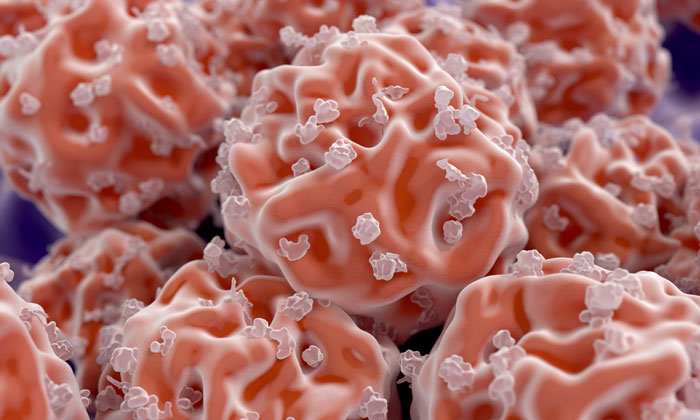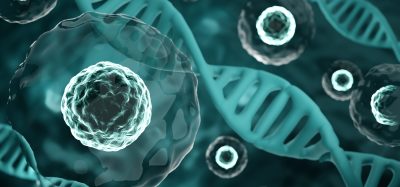Vitamin C effective at targeting cancer stem cells
Posted: 9 March 2017 | Salford University | No comments yet
Vitamin C is up to ten times more effective at stopping cancer cell growth than pharmaceuticals such as 2-DG, according to an article published in Oncotarget


The first evidence that vitamin C can be used to target and kill cancer stem cells was uncovered by researchers at Salford University. Dr Michael P. Lisanti, Professor of Translational Medicine at the University of Salford, said: “We have been looking at how to target cancer stem cells with a range of natural substances including silibinin (milk thistle) and CAPE, a honey-bee derivative, but by far the most exciting are the results with Vitamin C.”
The Salford team set out to assess the bioenergetics of cancer stem cells, with a view to disrupting their metabolism. Focusing on energy-transfer, they measured the impact on cell lines of seven substances: stiripentol, caffeic acid phenyl ester (CAPE), silibinin, ascorbic acid, and experimental pharmaceuticals such as actinonin, FK866 and 2-DG.
While they found that natural antibiotic actinonin and the compound FK866 were the most potent, the natural products also inhibited CSC formation, with Vitamin C, outperforming 2-DG by tenfold in terms of potency.
Related topics
Stem Cells
Related conditions
Cancer
Related organisations
Salford University
Related people
Dr Michael P. Lisanti







